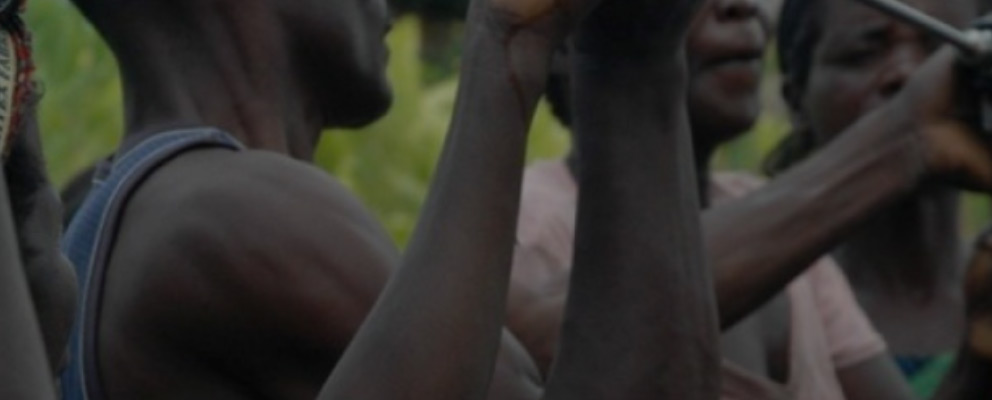
Spotlight on Joy Wahba: Advocating for improved public funding of rural water services in Malawi
EWB sees policy and advocacy work as vital to progress within the development sector. It isn’t just the Canadian Government that needs to lead progressive development policies; it’s all governments. EWB Fellow Joy Wahba joined WASH Catalysts as an advocacy representative in 2016 to support the venture’s work on governance issues related to rural water services in Malawi.
Joy, a University of Toronto international development graduate, runs WASH Catalysts’ advocacy campaign to increase local government funding for water point maintenance and repair to ensure sustainable access to clean water in rural areas. Thus far, their campaign has garnered significant support from NGOs and government alike, such as UNICEF, DfID, and Malawi’s Ministry of Water Development and Ministry of Rural Development. Joy’s work analyzing national budgets and interviewing local government staff has helped identify funding gaps where there is a low standard of service delivery — evidence that is used to lobby stakeholders.
In one of the world’s poorest and most aid-dependent countries, Malawi’s water sector is not treated as a government priority. Thus, lobbying for improved public funding for water point maintenance and repair is an uphill battle, but Joy has experienced recent success. The team released a short animated video that showcases WASH Catalysts’ work, which has reached multiple interest groups throughout Malawi and extended as far as the UK. The video explores some of the key challenges in lobbying for change in a partially decentralized and heavily bureaucratic system. She was alerted to the video’s contribution to heated discussions among Ministry officials in response; the Ministry of Local Government and Rural Development, the Ministry of Water Development, and local government leaders such as District Commissioners have engaged in dialogue and debate around the video content. Impact has also been seen at the grassroots level as Malawians are talking about this issue and sharing the video on social media.
Decision-makers are finally debating their roles in facilitating change. In the next month, Joy will continue to facilitate essential discussions among Ministry officials from myriad departments to overcome the technical obstacles to this necessary funding change. Previously disillusioned by difficult attempts to demand that governments of developing countries uphold citizens’ rights, Joy is reinvigorated by WASH Catalysts’ emphasis on supporting government through the process of developing inclusive systems, ultimately, working towards lasting access to rural water services for communities in Malawi.
